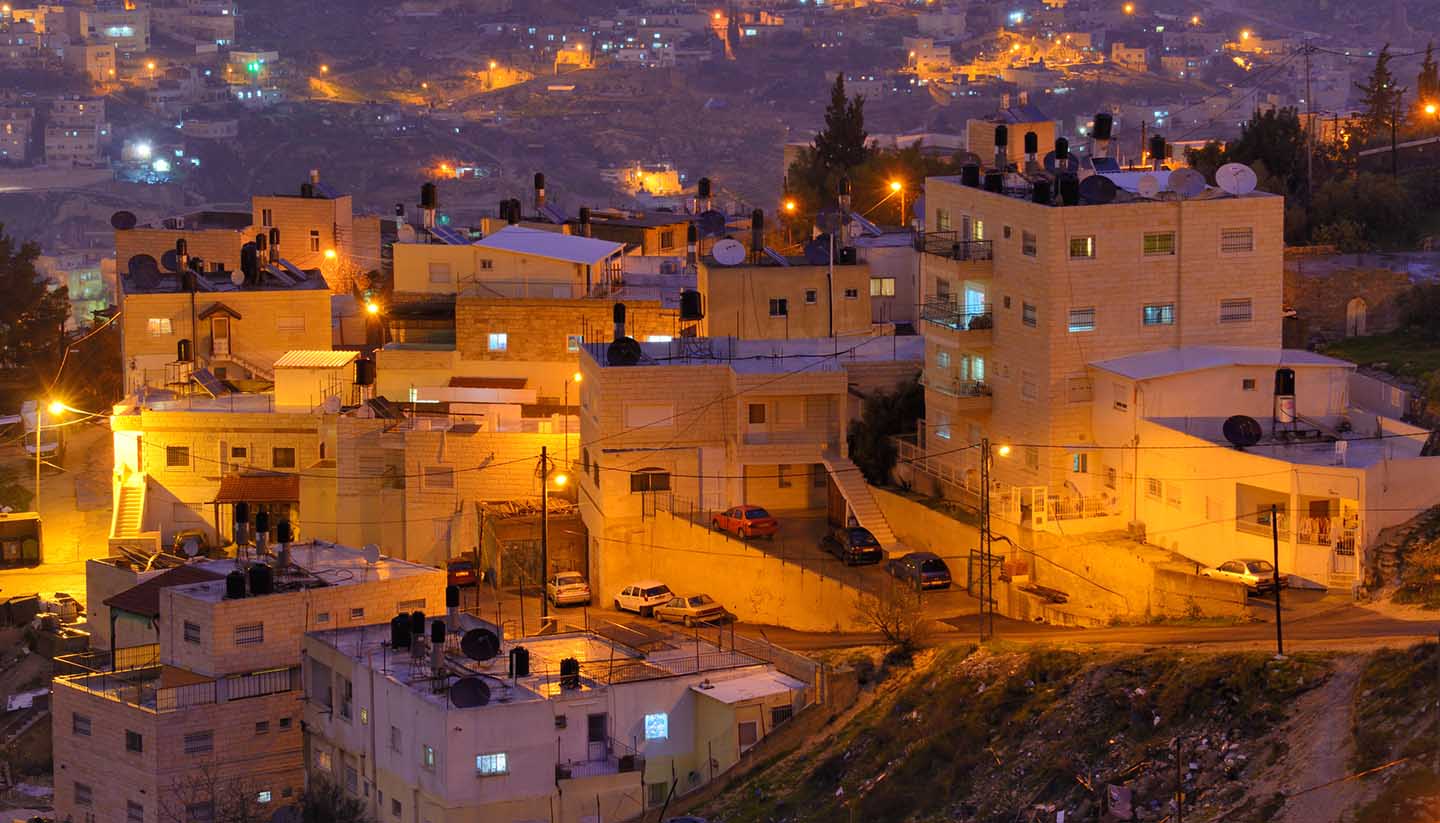Palestinian National Authority History, Language and Culture
History of Palestinian National Authority
Some of the earliest human remains have been found in Palestine where some agricultural settlements date back to at least 10,000 BC. During the Bronze Age, the area was dominated by Canaanite city states, before the Philistines invaded – possible from Crete, or elsewhere in the Aegean – in the 2nd millennium BC.
History thereafter is rather muddled in the context of biblical texts and religious belief, but the Philistines are thought to have come into conflict with Israelite tribes in the area around the turn of the 1st millennium BC. In the 8th and 7th centuries BC, the Asyrrians overran Palestine, followed later by the Persians and the armies of Alexander the Great.
The Romans finally established the province of Judea during the 1st century BC. Struggles with the Romans led to the destruction of the Second Temple in the 1st century AD, leaving only the Western Wall standing. Less than a century later, Hadrian renamed the territory Syria Palaestina and banished the Jews.
The Byzantine period up until the 7th century AD saw Palestine become a Christian province, with significant Jewish communities. The land prospered, but with the rise of the Caliphate, Jerusalem was besieged and Palestine became war-torn for centuries. Crusaders from Europe sought to retake the so-called Holy Land from Muslim rulers, succeeding in establishing a Christian kingdom between 1099 and the late 12th century.
In the 15th century, the Ottoman Empire absorbed the territory and largely promoted religious tolerance, controlling Palestine until the British Mandate began after World War I. A couple of years after World War II, the UN proposed a partition of Palestine between its Jewish and Arab-Palestinian populations and some three million Jews, many of whom had been persecuted by the Nazis, moved to the newly-formed state of Israel. A war between Israel and neighbouring Arab states ensued.
Further wars in 1967 and 1973 led to the consolidation of Israel and the enduring occupation of Palestinian territories. There have been two Intifadas, whereby the Arab-Palestinian population has risen up against the Israeli state, with bloody consequences. To date, the Israeli-Palestinian conflict remains unresolved and a source of much controversy throughout the Middle East.
Did you know?
• Two of the world’s biggest religions, Judaism and Christianity, were born on Palestinian soil.
• The Palestinian region is thought to be amongst the earliest places to have seen human habitation and civilisation.
• Built in the late 7th century, the Dome of the Rock in Jerusalem is regarded by many as the first great work of Islamic architecture.
Palestinian National Authority Culture
Religion in Palestinian National Authority
Muslim, Christian and Judaism minority.
Social Conventions in Palestinian National Authority
Women in particular should dress modestly. Ramallah is less strict than other areas but bare shoulders, shorts and short skirts are still inadvisable. Visitors may choose not to eat, drink or smoke in public places between sunrise and sunset during Ramadan in order to avoid causing offence.
Visitors should also be sensitive when taking pictures of military or police personnel and installations, and when photographing people in Muslim and Orthodox Jewish areas. It is advisable to carry identification at all times, and photocopies of the date and entry stamp on your passport.
Language in Palestinian National Authority
Arabic is the official language. English and Hebrew are widely spoken.


